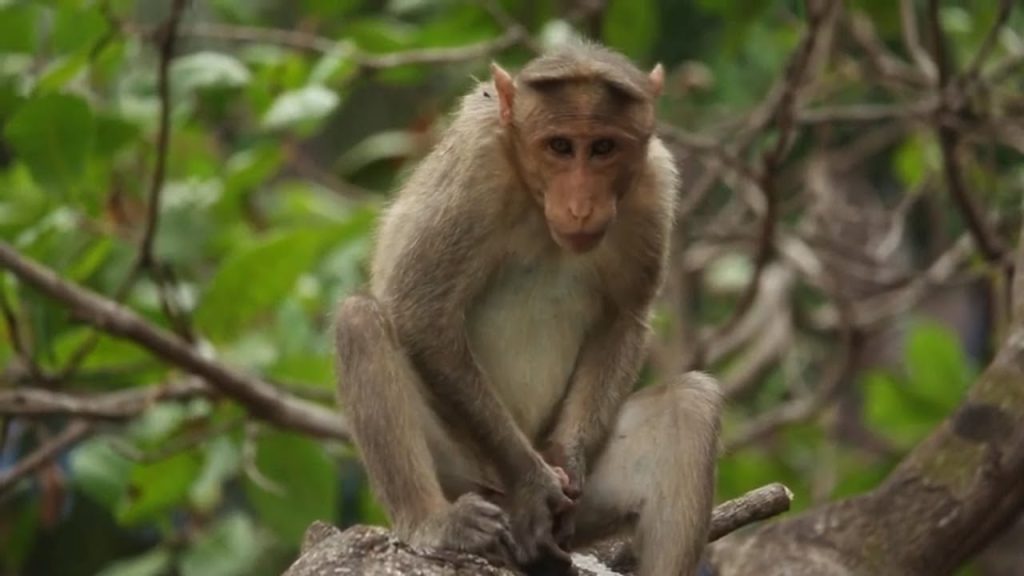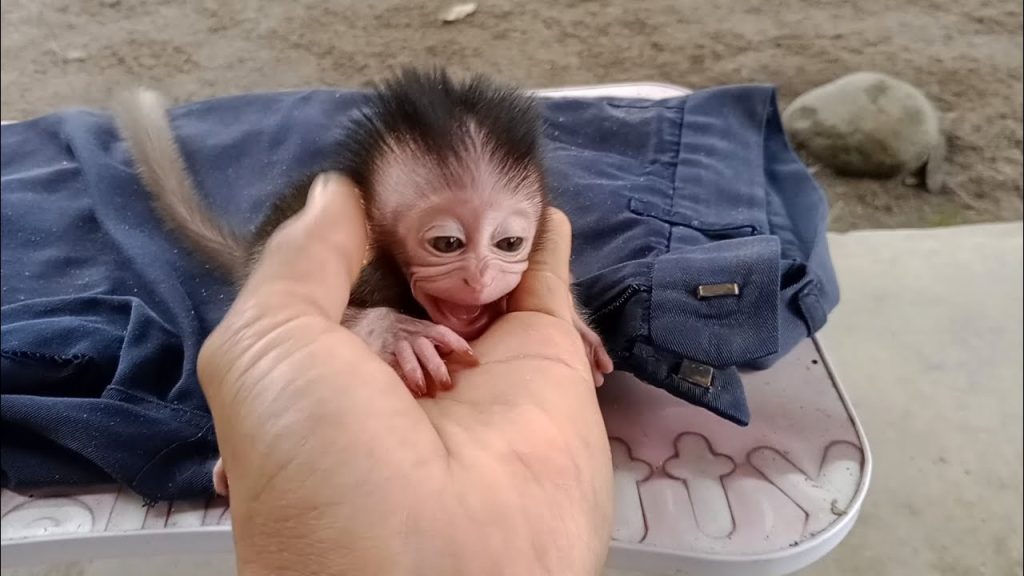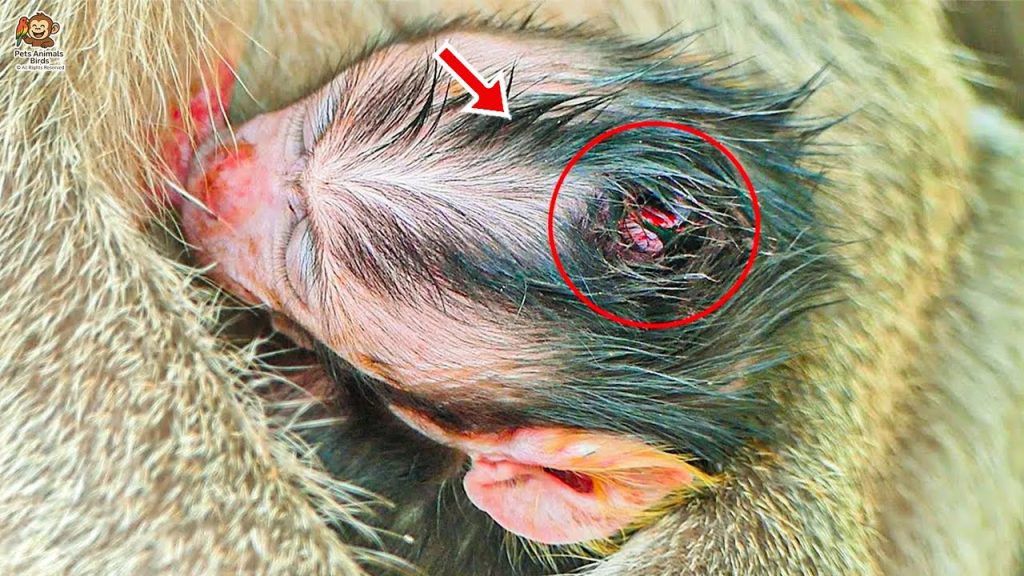
In the study of primate behavior, it is well documented that many monkey species engage in a range of natural sexual behaviors, which can include self-stimulation or masturbation. Such behaviors are not unique to monkeys; they are observed in many mammals, including apes, dolphins, and humans.
Reasons for Self-Stimulation:
For monkeys, masturbation can serve various purposes. It can help relieve sexual tension, especially in social situations where mating opportunities are limited due to social hierarchy, dominance, or the absence of receptive mates. Some studies suggest it may also reduce stress or anxiety, acting as a form of self-soothing.
In Captivity:
In captive environments — zoos, research centers, or entertainment contexts — these behaviors can appear more frequent or visible. This may be partly due to boredom, lack of enrichment, or limited natural outlets for normal mating behaviors. Responsible caretakers and researchers aim to provide adequate environmental enrichment and social structures to reduce abnormal or excessive displays of such behaviors.
Cultural and Ethical Aspects:
In some cases, monkeys have historically been used as part of performances or street shows, where their natural behaviors may be exploited or provoked for entertainment. This is increasingly discouraged under modern animal welfare standards, as it can involve stress, poor living conditions, and violation of the animals’ natural dignity and freedom.
Conclusion:
Understanding these behaviors scientifically allows caregivers, researchers, and the public to approach primate welfare with respect and compassion. It reminds us that animals have complex social and biological needs that deserve ethical consideration.


